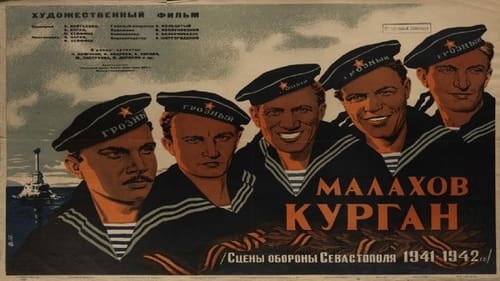Akaki Khorava
Birth : 1895-04-28, Ochkhamuri, Kutaisi Governorate, Russian Empire [now Ajaria, Republic of Georgia]
Death : 1972-06-23
Birth : 1895-04-28, Ochkhamuri, Kutaisi Governorate, Russian Empire [now Ajaria, Republic of Georgia]
Death : 1972-06-23




